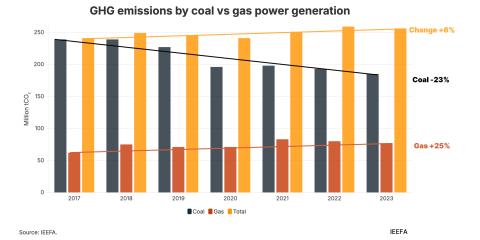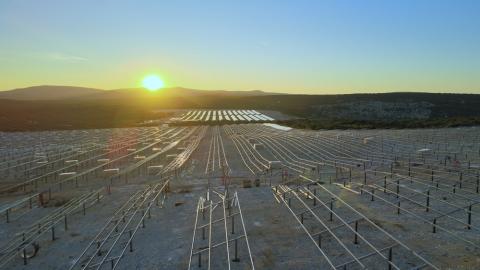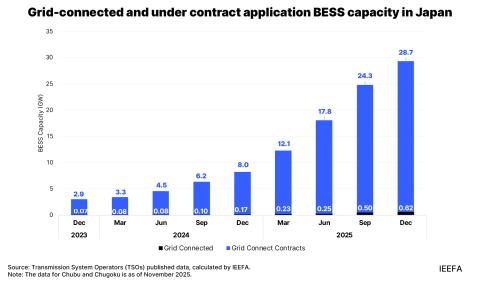Renewables are a more affordable, reliable and resilient solution for small island and isolated power grids
Download Full Report
View Press Release
Key Findings
Over half the population of the Philippines – more than 50 million people – reside in isolated and island grids served by under-funded electric cooperatives that rely on diesel-powered generation.
The case for diesel generation rests on a growth agenda premised on unsupported arguments that diesel is the only way to reach the off-grid market.
Renewable energy is now roughly 60% cheaper than diesel-fired power but the isolated and island grids are dominated by diesel power, resulting in expensive, intermittent and unreliable power.
Executive Summary
Over half the population of the Philippines – more than 50 million people – reside in isolated and island grids served by under-funded electric cooperatives that rely on diesel-powered generation. Despite ongoing support from the National Power Corporation’s Small Power Utilities Group (NPC-SPUG) in the form of cross-subsidies for generation, over 2.3 million households lack access to energy while millions more lack access to reliable power.
The case for diesel generation rests on a growth agenda premised on unsupported arguments that diesel is the only way to reach the off-grid market. The affordability problem is acute: diesel-powered generation prices range between PHP 10.6 (USD 0.22) to PHP 117.75 (USD 2.45) per kilowatt hour (kWh)—pricing that would never be accepted in the main Luzon grid. Renewable energy is now roughly 60% cheaper than diesel-fired power but the isolated and island grids are dominated by diesel power, resulting in expensive, intermittent and unreliable power. Both solar and wind prices can reach as low as PHP 3.5 (USD 0.07) in the main grids and even if delivered at double or triple the cost in island and isolated grids, solar and wind can still undercut the price of diesel.
Despite cheaper solar and wind prices, diesel power still dominates isolated and island grids.
The problem has reached breaking point this year. As a result of a series of record-breaking climate-induced disasters, the electric cooperatives have been hit with at least PHP 3.16 billion (USD 65 million) in infrastructure damages over the last 6 months. With working capital funds totalling PHP 10.1 million (USD 206,000), there is no likelihood that the electric coops can cover PHP 730 million in damages. Table 1 illustrates the damages as a percentage of the working capital fund of the electric cooperative affected. The increase in both intensity and frequency of climate-induced disasters further underscores the importance of decentralized modular renewable energy generation and the need for power sector resilience.
















